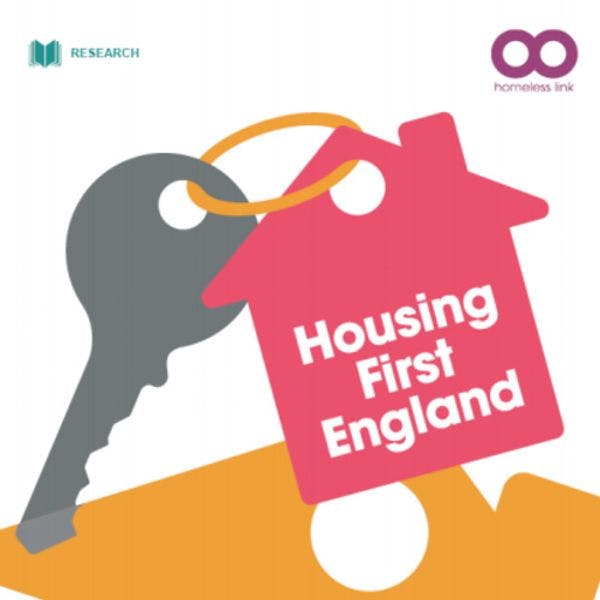Exploring patterns of Housing First support: Resident journeys
By Housing First England
Housing First is an intervention which has been proven to successfully support people experiencing repeated homelessness and severe and multiple disadvantage. International evidence has shown the approach ends homelessness for approximately eight out of ten homeless people with complex needs who other services are generally unable to support. The Housing First Model prioritises helping people access stable and independent housing, which acts as a stepping stone to help people improve their lives. Housing First is however much more than a housing intervention. The model is based on a commitment to provide individuals with intensive support for as long as is needed, even if they leave their accommodation. The provision of continuing high-quality support after a person has been housed, is key to ending homelessness and helping people address the negative consequences associated with homelessness (such as drug and/or alcohol dependency, mental and/or physical ill health and contact with the criminal justice system).
Evidence shows a growing momentum of Housing First in England. In 2017, 31 services were in operation, and this number is steadily increasing. Most existing Housing First services emerged from local partnerships or voluntary sector organisations. Then in 2017, the Government committed £28 million to fund three Housing First pilots in Greater Manchester, Liverpool City Region, and the West Midlands. While this shows that Housing First is gaining recognition as an important part of England’s response to homelessness, now that the model is becoming more established and introduced at scale, there is a risk that the fundamental philosophy and principles may become ‘diluted’, thereby reducing its effectiveness. The nature and intensity of the support is a key aspect of the model that could be at risk, with current commissioning arrangements in England making it difficult to put the principle of providing people with support for as long as needed into practice.
This report outlines the findings from 16 timeline interviews carried out with Housing First residents across England. It explores how, and why, the nature, intensity and residents’ engagement with support changes over time, and provides insight into the role and importance of Housing First support in positively changing the lives of people who would otherwise be caught in long-term and repeat homelessness. The report provides essential evidence to help services, funders, and the Government better understand how support is delivered and experienced within Housing First, while highlighting related implications for the resourcing and delivery of support.
